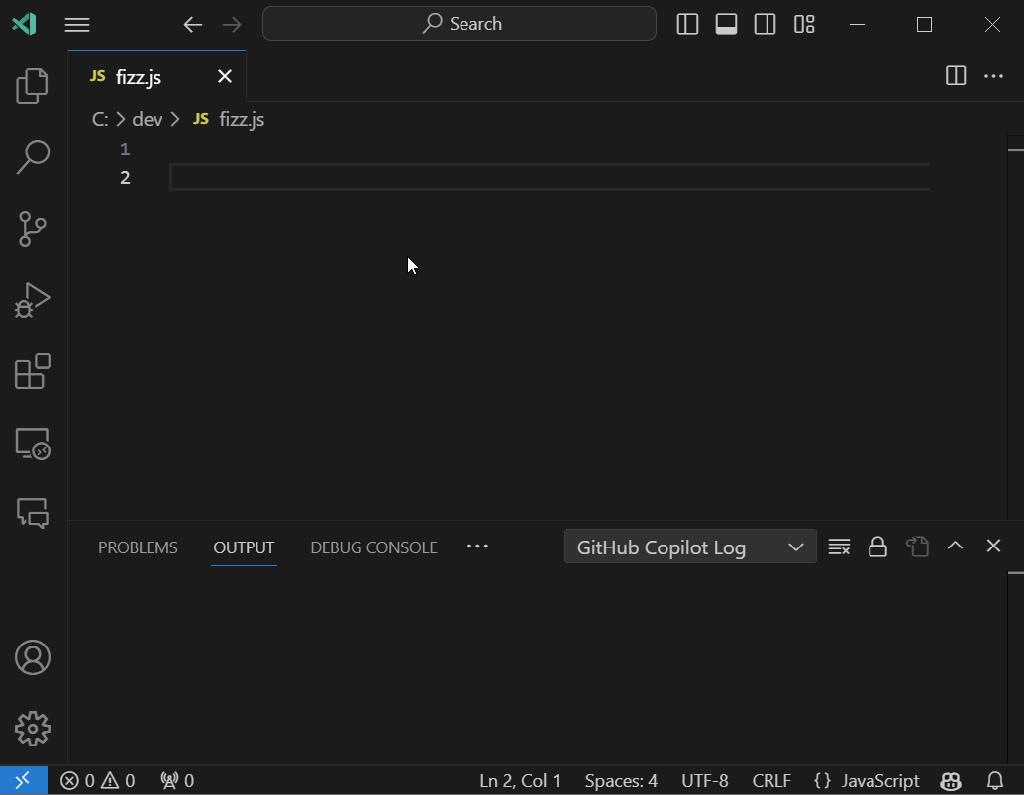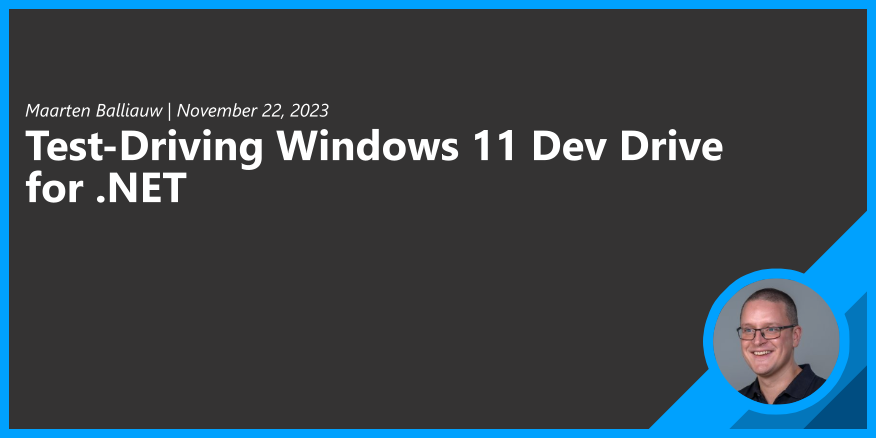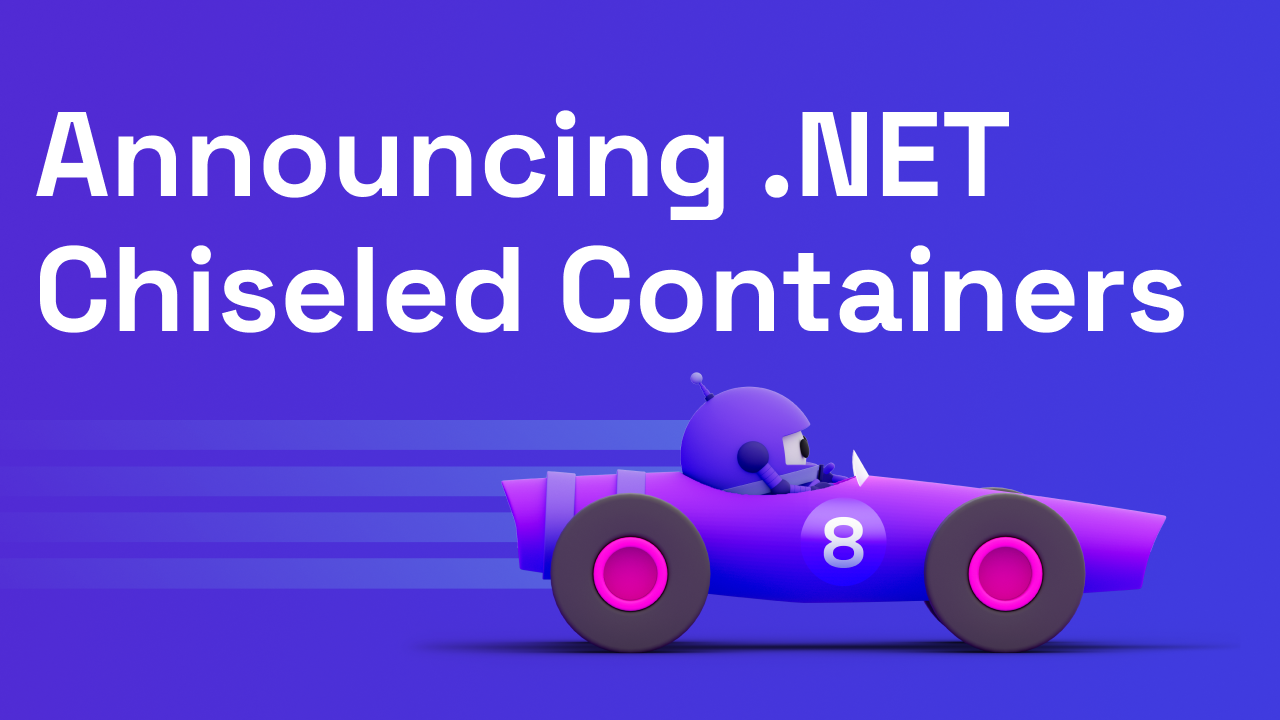- MindByte Weekly Pulse: Weekly IT Insights: Quick GitHub, Azure, & .NET Updates
- Posts
- MindByte Issue #51: Navigating the Future of Tech - A Dive into Innovations and Trends
MindByte Issue #51: Navigating the Future of Tech - A Dive into Innovations and Trends
From GitHub's Latest Feats to .NET's Chiseled Containers - Unraveling the New Frontiers in IT and Development
Welcome to my latest newsletter, where I bring you the cutting-edge updates and insights from the tech world. This week, I've handpicked a range of articles that cover significant advancements in areas like GitHub, .NET, and the ever-evolving landscape of cloud technology. These pieces are informative and pivotal in shaping your understanding of current trends and innovations.
So, settle in, and let's embark on a journey through the latest and most exciting developments in the realm of development and IT.
GitHub Digest
Revamped GitHub Homepage Feed: Tailoring Your Experience
Although I typically don't pay much attention to the homepage feed, GitHub's recent updates have made it significantly more relevant and customizable.
The platform now offers enhanced control over your feed, allowing you to include or exclude events from starred repositories – a step beyond the default settings for repositories you sponsor or watch.
Additionally, GitHub introduces a new feature displaying cards whenever someone forks one of your repositories. This update brings a more personalized and insightful experience to your GitHub homepage, worth a closer look even for those of us who usually skip over it.
GitHub Copilot's Game-Changing November Update: GPT-4 Integration and More
GitHub Copilot has undergone a transformative update this November, making it a must-explore tool for every developer.
The integration of OpenAI's GPT-4 leads the charge, powering Copilot Chat for more accurate and relevant code suggestions. The update also brings enhanced safety with improved off-topic query detection, ensuring a focused and efficient coding experience.
Notably, GitHub has initiated the public beta of code referencing in VSCode, providing a deep dive into billions of files on public repositories directly from your editor.
This update includes the introduction of 'agents' in Copilot Chat and the ingenious ability to generate commit messages, streamlining your development workflow.
JetBrains IDE users can now partially accept code suggestions, allowing for more granular control over code integration. This update is a leap forward in coding assistance, making it an invaluable asset for developers seeking to enhance their productivity and code quality.
Enhancing Documentation with GitHub Flavored Markdown: New TIP and CAUTION Tags
GitHub's flavored markdown has always been a powerful tool for styling documentation, but did you know it now includes extensions to emphasize critical information?
Recently, GitHub introduced 'TIP' and 'CAUTION' tags, allowing developers to highlight important details in a visually appealing way. These additions can significantly improve the readability of your documentation, drawing attention to key points or warnings.
> [!NOTE]
> Information the user should notice even if skimming.
> [!TIP]
> Optional information to help a user be more successful.
> [!IMPORTANT]
> Essential information required for user success.
> [!CAUTION]
> Negative potential consequences of an action.
> [!WARNING]
> Dangerous certain consequences of an action.The above markdown renders to the below html.

However, it's important to note that these stylish tags are not universally portable. While they render beautifully in GitHub's environment, other markdown converters might not support them, potentially leading to inconsistent formatting across different platforms.
Coding Corner
Rethinking Team Synchronization: Insights from Mark Seemann
Mark Seemann's latest article, 'Synchronizing Concurrent Teams,' challenges the conventional wisdom of tightly coordinating development teams.
Drawing parallels with ecological systems, Seemann advocates for a more autonomous approach, likening teams to organisms in a savannah. He argues that excessive coordination, akin to thread synchronization in parallel computing, can actually hinder productivity, leading to unnecessary idle time and reduced overall efficiency.
This piece is a thought-provoking read for those looking to optimize team dynamics in a software development environment. Seemann's insights suggest a shift towards fostering independent, resilient teams that interact organically, minimizing the need for forced synchronization and enabling a more fluid, effective workflow.
Charting a Course in the AI Era: iA Writer's Thoughtful Approach to Innovation
The integration of AI into various applications has become a sweeping trend in IT, prompting critical reflection within the industry. iA Writer's thoughtful examination of this trend offers valuable insights, especially in the wake of ChatGPT's introduction.
They contemplate the risks and benefits of incorporating AI into their product, recognizing that doing so could transform iA Writer into a mere feature of AI, rather than a distinct tool.
This article, the first in a series, delves into iA Writer's journey through this transformative period. It discusses the initial assumptions about AI's impact on applications, the social implications of AI integration, and the strategic responses considered by iA Writer.
It's a compelling read for anyone interested in how software companies are navigating the rapidly evolving landscape of AI, balancing innovation with the preservation of their unique identity and functionality.
Exploring Windows 11 Dev Drive: A .NET Developer's Journey to Enhanced Performance
In the rapidly evolving landscape of software development, performance optimization is key. Maarten Balliauw's article 'Test-Driving Windows 11 Dev Drive for .NET' dives into this realm, offering a first-hand experience of Microsoft's new storage volume, Dev Drive.
Designed specifically for Windows 11, Dev Drive, built on the Resilient File System (ReFS) and combined with Microsoft Defender Antivirus's new performance mode, promises up to a 30% increase in build times for developer workloads.
Balliauw guides us through his process of migrating his workflow to Dev Drive, exploring its impact on file I/O performance, package manager caches, and IDE speed. This article is not just a technical exploration but a practical guide for developers looking to leverage the latest Windows features to streamline their .NET development process.
.NET Nook
Revolutionizing Cloud Deployment: The Emergence of .NET Chiseled Ubuntu Container Images
The world of cloud computing and containerization has taken a significant leap forward with the introduction of .NET chiseled Ubuntu container images, now generally available for .NET versions 6, 7, and 8.
These images, born from a collaboration between Canonical and Microsoft, represent a new paradigm in container image design.
The concept of a 'chiseled container' centers on the idea of streamlining container images by stripping them down to only essential components. This approach dramatically reduces image size and complexity, thereby enhancing both security and performance.
Traditional container images often contain superfluous components that increase vulnerability to security threats and bloat the image size. Chiseled containers address these issues by removing non-essential elements, resulting in a leaner, more secure deployment vehicle for cloud applications. With fewer components, these images significantly lower the risk of Common Vulnerabilities and Exposures (CVEs) and simplify CVE management.
This breakthrough offers a robust solution for developers seeking optimized, secure, and efficient container images for their cloud-based applications.
Closing Thoughts
Thank you for joining me on this week's journey through the latest developments in technology. I hope these articles have provided you with valuable insights and sparked your curiosity in the evolving realms of IT and development.
Your thoughts and feedback are incredibly important to me. If you have any comments or perspectives you'd like to share, please feel free to reach out. I'm always eager to hear from my readers.
If you haven't subscribed yet, I invite you to do so to keep up with our weekly insights and explorations. Let's continue this journey together, staying informed and connected in the fascinating world of technology.
Until our next edition, happy coding and stay curious!







Join the conversation